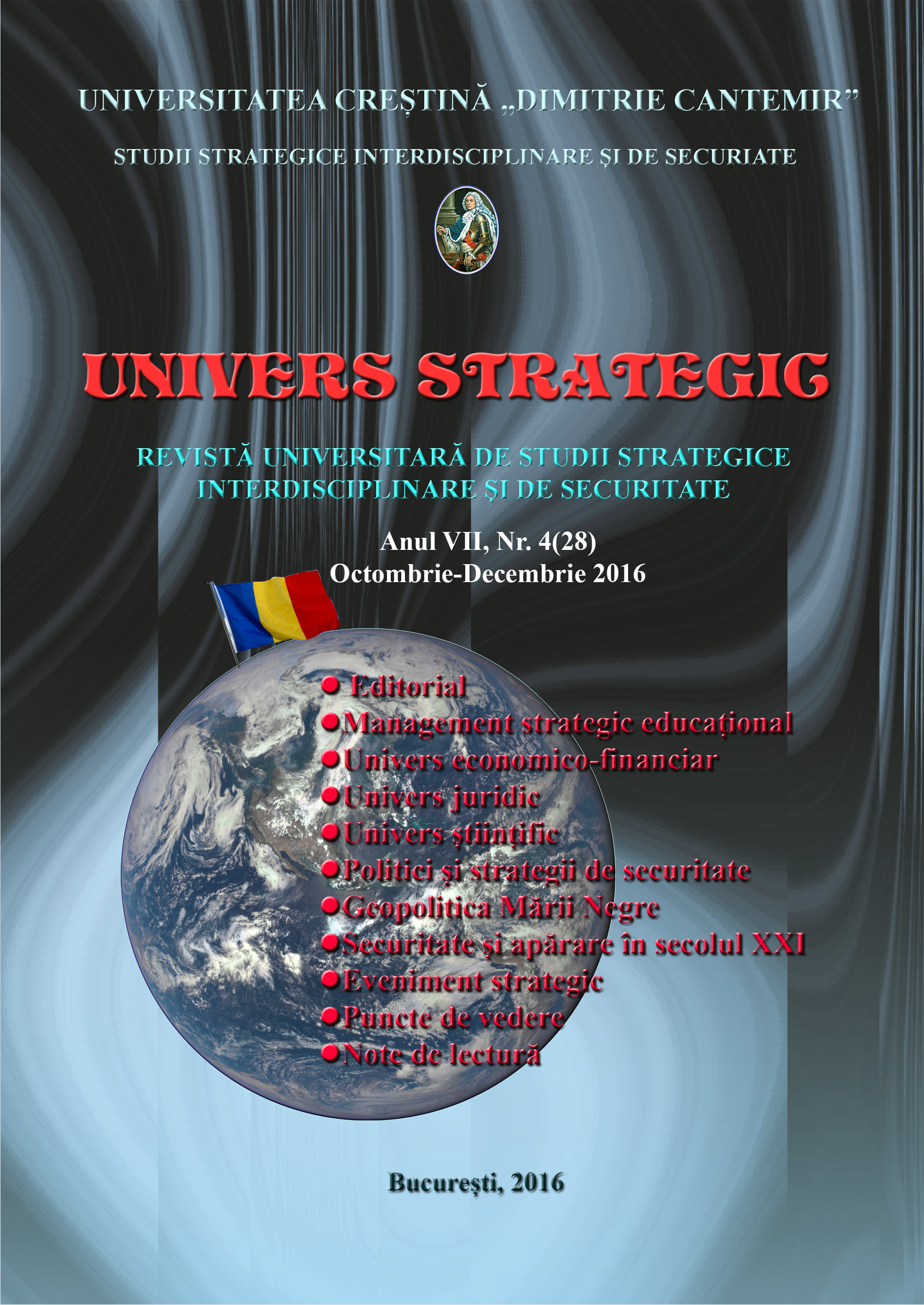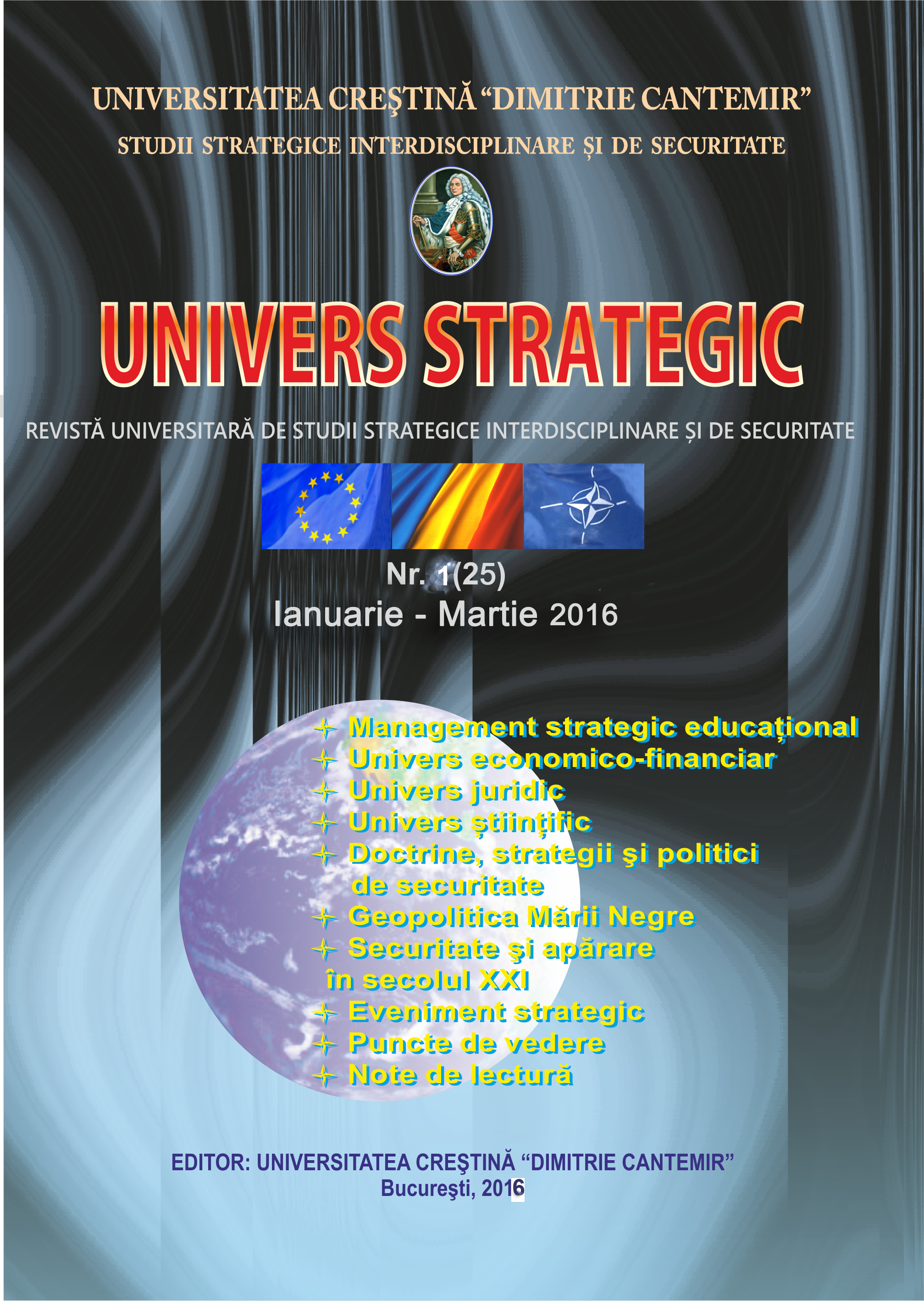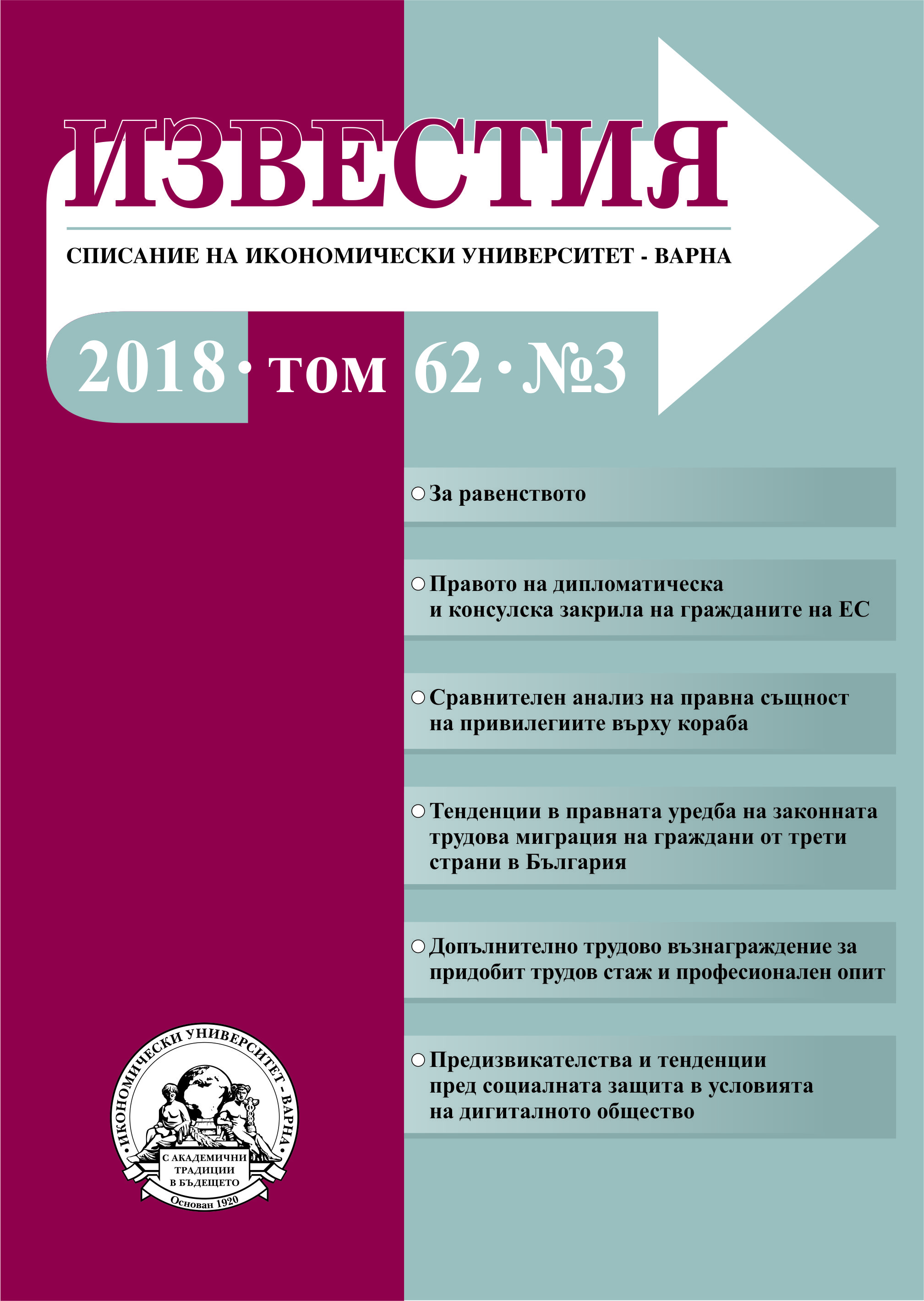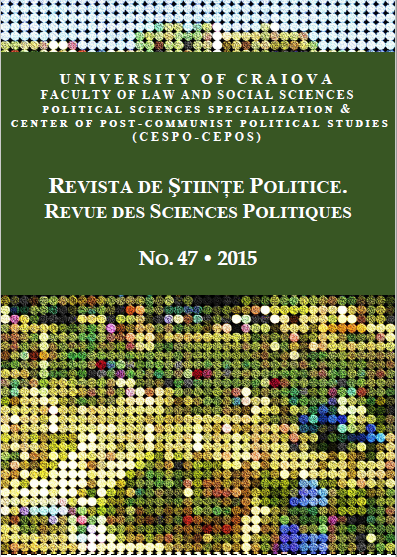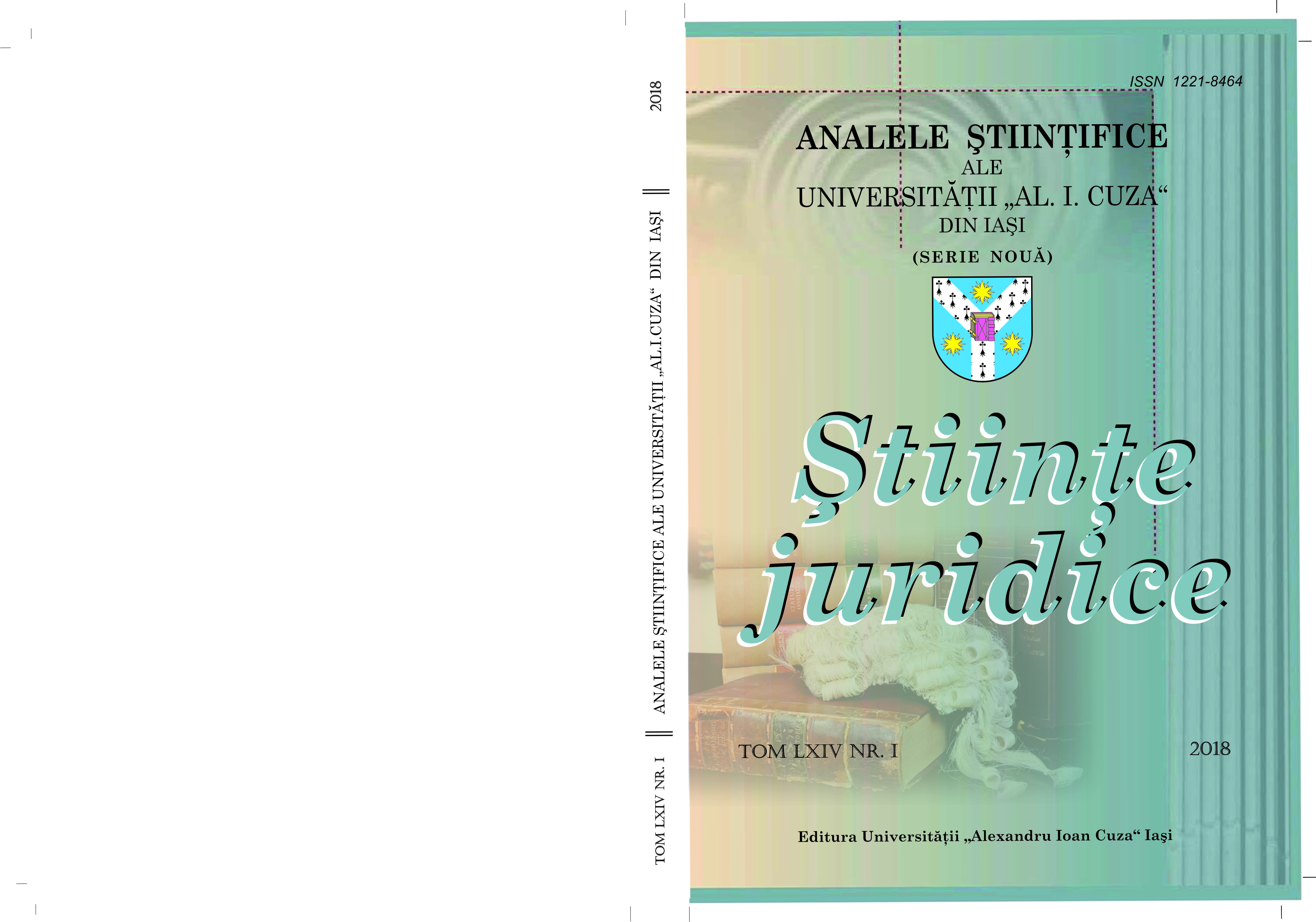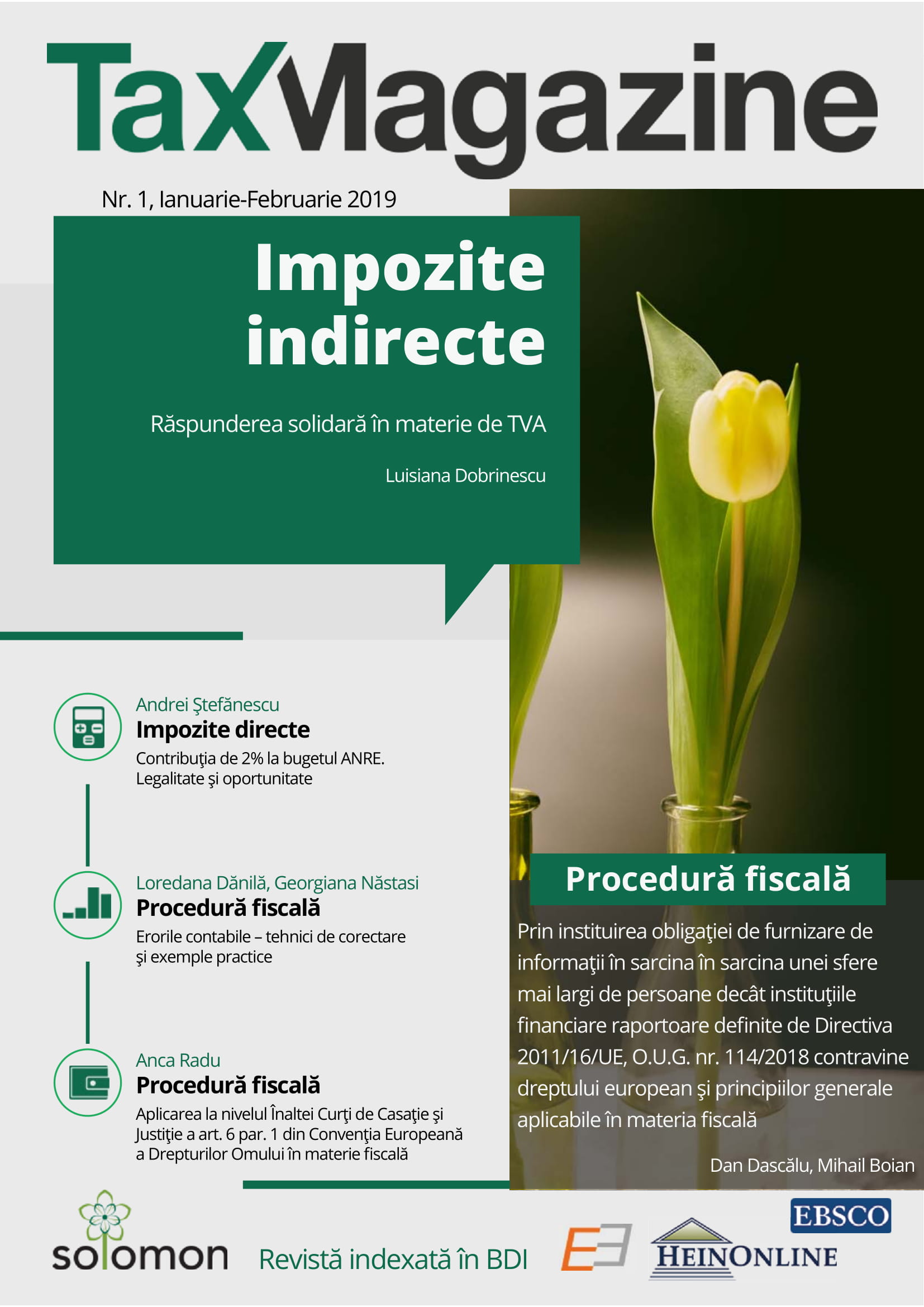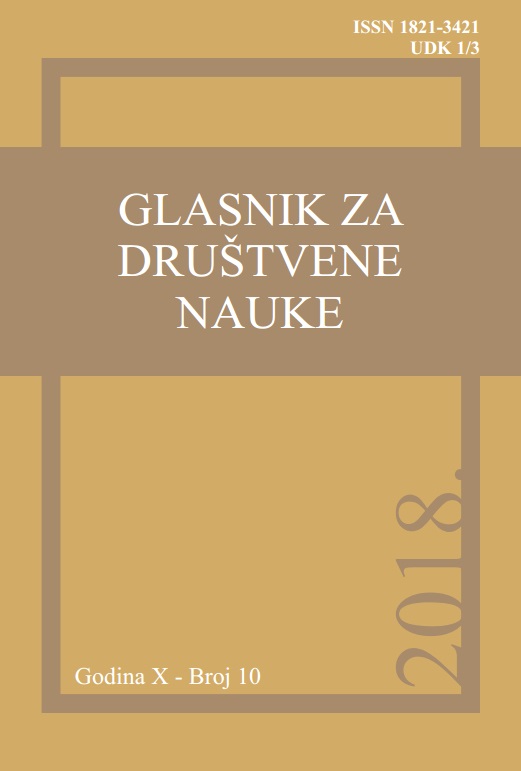ПОСТУПАК ЗАКЉУЧИВАЊА УГОВОРА ЕВРОПСКЕ УНИЈЕ СА ТРЕЋИМ ДРЖАВАМА И МЕЂУНАРОДНИМ ОРГАНИЗАЦИЈАМА
After the Lisbon Treaty has entered into force, the process of concluding treaties between the EU and third countries or international organizations has sustained significant changes. The most important procedural novelty is the establishment of the ordinary procedure that covers almost all agreements the EU concludes with third parties. Under the Lisbon Treaty, this procedure involves a number of stages: negotiations, signing the agreement, and decision to conclude the agreement. For agreements whose subject matter exclusively or predominantly falls into the domain of common foreign and security policy, there are several derogations from the uniform rules of the ordinary procedure. The same provision of the founding treaty regulates the procedures for amending and suspending the agreement in force, as well as the judicial control procedure of those agreements that are yet to be concluded. The ordinary procedure does not cover two subject-specific proceedings pertaining to relatively narrow areas of EU action. More specifically, they refer to the conclusion of agreements in the area of common trade policy and agreements on the exchange rate of the Euro against the currencies of non-member states. The exclusion of trade agreements is probably the result of the differences that still exist in the division of competencies between the Member States and the EU regarding trade in the area of some services. On the other hand, the enactment of a special procedure for agreements on the Euro exchange rate in relation to the national currency rates of third countries stems from the need to ensure the Union’s unique position in this field. On the institutional level, the most important actors in the process of concluding EU agreements are the Council, the Commission and the European Parliament. The Council has retained the central role in all types of treaty procedures, and it decides on essential issues related to the course and outcome of the process. The Commission has retained the major role in initiating and negotiating the agreements, but it is no longer the exclusive initiator and negotiator in the agreement process. Namely, depending on the subject of the treaty, new entrants in that role are the High Representative for Foreign Affairs and Security Policy, and the European Central Bank. The European Parliament has strengthened its position in the procedure for concluding EU agreements and can, therefore, be considered the largest “net” winner of the Lisbon Treaty reform. This is partly due to its new role in the course of negotiations, which implies the right to be imediately and fully informed about all stages of the proceedings, but to a much greater extent it refers to the powers that this body has in the final stage preceding the conclusion of the agreement. Finally, the EU Court of Justice has an important role in this process; its task is to control the compliance of the EU agreements with the founding treaties prior to their conclusion.
More...
